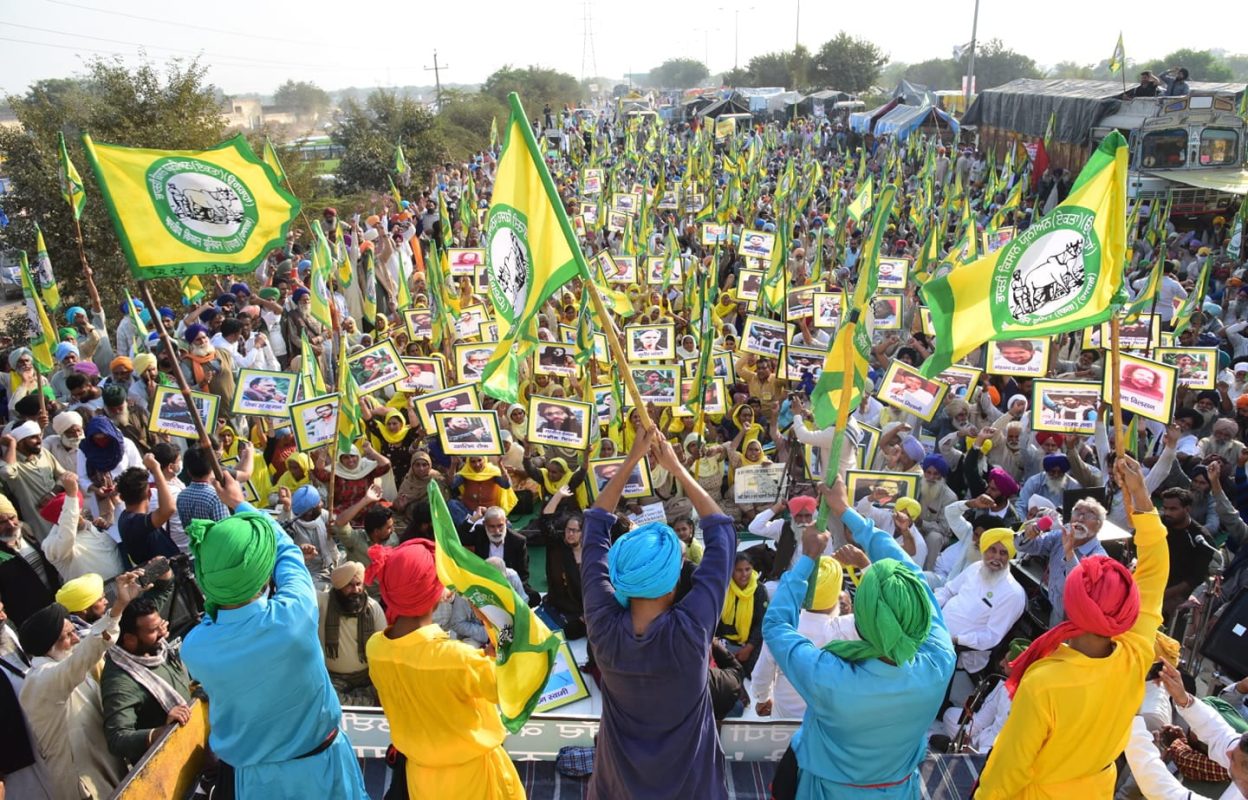NEWS
Growing Farmer Protests in India: A Call for Price Security and Fair Payment
Growing Farmer Protests in India: A Call for Price Security and Fair Payment
The ongoing farmer protests in India have escalated as farmers demand price security for their produce and fair compensation from the government. Despite four rounds of negotiations with the government yielding no results, farmers have taken to the streets to voice their grievances.
Escalating Protests
The protests gained momentum after farmers rejected the government’s proposal regarding minimum support prices and procurement. Farmers have announced their intention to continue their protests in response to the government’s failure to address their concerns.
Clashes with Police
In an attempt to march to New Delhi, farmers were met with police intervention, including the use of tear gas. At the Shambhu border between Punjab and Haryana states, farmers attempted to dismantle police barricades using bulldozers. However, they were met with resistance from law enforcement.
Unyielding Demands
Farmers are demanding greater government support and legal guarantees to ensure fair prices for their produce. Despite four rounds of talks between farmer unions and government officials, no consensus has been reached.
Government Response
Government officials, including Minister of Commerce and Industry Piyush Goyal, have extended invitations for a fifth round of negotiations, emphasizing the importance of maintaining peace. During previous discussions, officials offered to procure pulses, corn, and cotton crops at minimum support prices through public agencies, without imposing limits on the quantity purchased. They also proposed a comprehensive plan spanning five years.
The farmer protests in India underscore the pressing need for reforms in agricultural policies to address the concerns of farmers and ensure their livelihoods. As negotiations continue between farmers and the government, the resolution of these issues remains crucial for the welfare of farmers and the stability of India’s agricultural sector.

